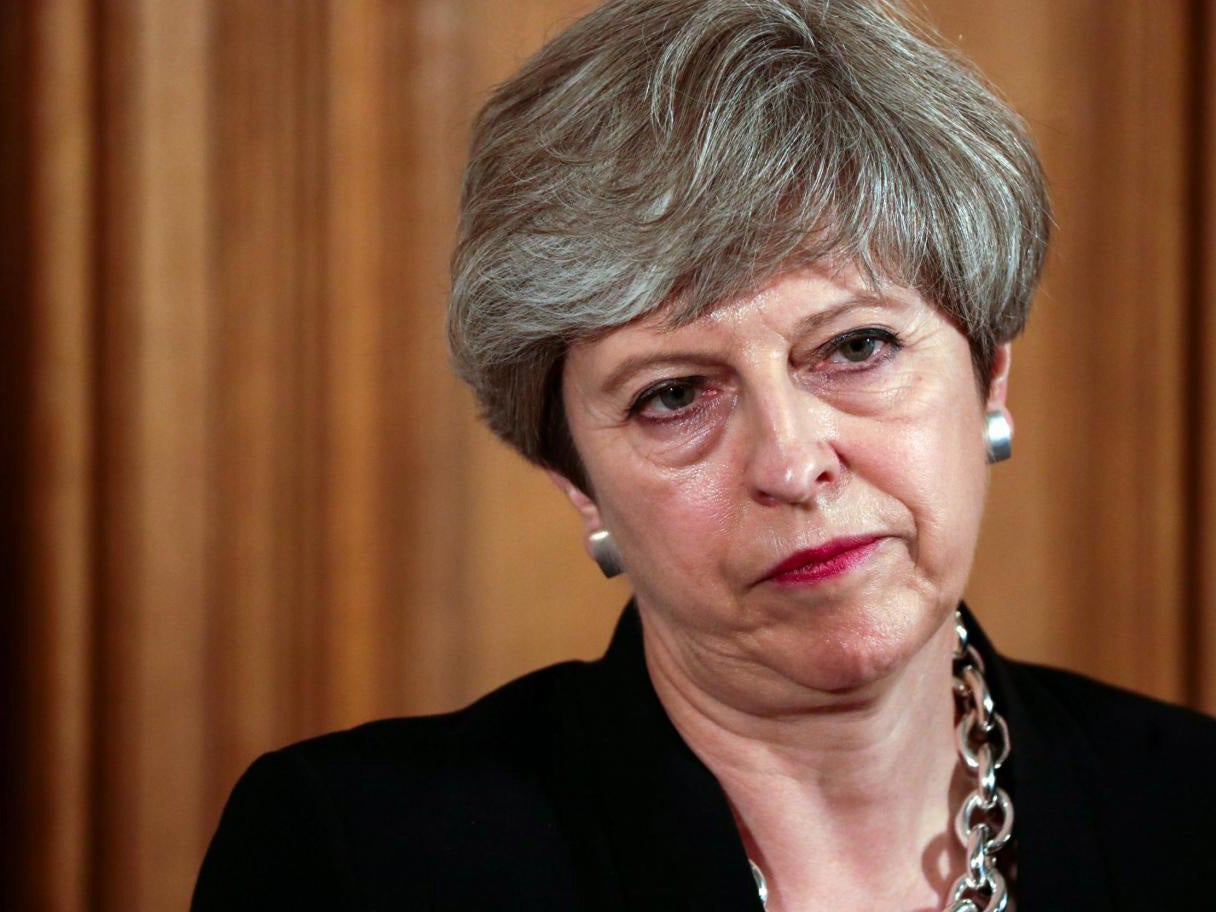Tories fall below 40% in poll for first time since election campaign
Different pollsters paint a mixed picture, however

The Conservatives have fallen below 40 per cent in the polls for the first time since the start of the general election campaign.
A new poll from Opinium conducted between 27 and 29 June shows Labour on 45 per cent and the Conservatives on 39 per cent.
In line with recent surveys, different polling companies are painting a different picture, however.
Survation – one of the two more accurate pollsters at the general election – also has a poll out, showing Labour down 4 per cent and trailing the Conservatives by 1 point.
If the result of the Opinium poll was repeated at an election it would be Labour’s highest percentage of the vote since 1966 under Harold Wilson, surpassing the 43 per cent won by Tony Blair in 1997.
On a uniform national swing Labour would be the largest party but six seats short of an overall majority in the House of Commons, according to the methodology used by the Electoral Calculus website.
But the Survation poll would put the Tories as the largest party, but short of a majority by 19 seats.
Opinium's top line figures are Labour 45 per cent, Tories 39 per cent, Lib Dems 5 per cent, Ukip 5 per cent, Greens 2 per cent.
Survation's top line figures are Labour 40 per cent, Tories 41 per cent, Lib Dems 7 per cent, Ukip 2 per cent, Greens 1 per cent.
Both polls were conducted partly after and partly before the passage of the Queen’s Speech and the rebellion of 49 Labour MPs over what the party’s policy on Brexit should be.
The threat of a second general election appears to have receded since the passage of the Queen’s Speech this week, however.
The Conservatives have formed a minority government with the supply and confidence support of the Democratic Unionist Party, a right-leaning protestant unionist party from Northern Ireland.
It may be difficult for the Government to pass legislation with such a narrow majority, however, a reality reflected by the slimmed-down content of the Queen's Speech, which omitted large swathes of the Tories manifesto.
Under the Fixed Term Parliament Act the next general election is officially scheduled for 2022, though in practice it is easily possible for a government to call an early general election at any point despite the legislation.
Join our commenting forum
Join thought-provoking conversations, follow other Independent readers and see their replies
Comments
Bookmark popover
Removed from bookmarks